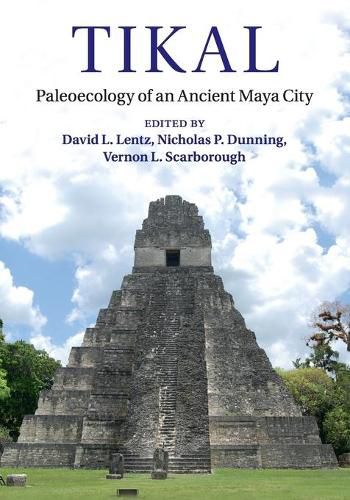Readings Newsletter
Become a Readings Member to make your shopping experience even easier.
Sign in or sign up for free!
You’re not far away from qualifying for FREE standard shipping within Australia
You’ve qualified for FREE standard shipping within Australia
The cart is loading…






The primary theoretical question addressed in this book focuses on the lingering concern of how the ancient Maya in the northern Peten Basin were able to sustain large populations in the midst of a tropical forest environment during the Late Classic period. This book asks how agricultural intensification was achieved and how essential resources, such as water and forest products, were managed in both upland areas and seasonal wetlands, or bajos. All of these activities were essential components of an initially sustainable land use strategy that eventually failed to meet the demands of an escalating population. This spiraling disconnect with sound ecological principles undoubtedly contributed to the Maya collapse. The book’s findings provide insights that broaden the understanding of the rise of social complexity - the expansion of the political economy, specifically - and, in general terms, the trajectory of cultural evolution of the ancient Maya civilization.
$9.00 standard shipping within Australia
FREE standard shipping within Australia for orders over $100.00
Express & International shipping calculated at checkout
The primary theoretical question addressed in this book focuses on the lingering concern of how the ancient Maya in the northern Peten Basin were able to sustain large populations in the midst of a tropical forest environment during the Late Classic period. This book asks how agricultural intensification was achieved and how essential resources, such as water and forest products, were managed in both upland areas and seasonal wetlands, or bajos. All of these activities were essential components of an initially sustainable land use strategy that eventually failed to meet the demands of an escalating population. This spiraling disconnect with sound ecological principles undoubtedly contributed to the Maya collapse. The book’s findings provide insights that broaden the understanding of the rise of social complexity - the expansion of the political economy, specifically - and, in general terms, the trajectory of cultural evolution of the ancient Maya civilization.